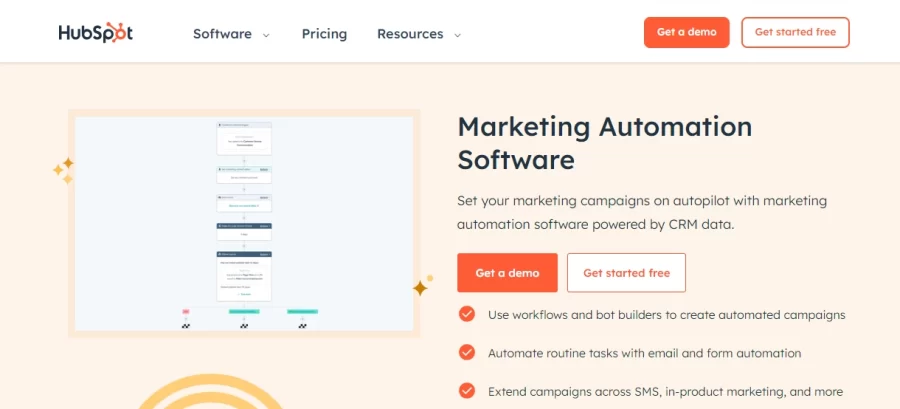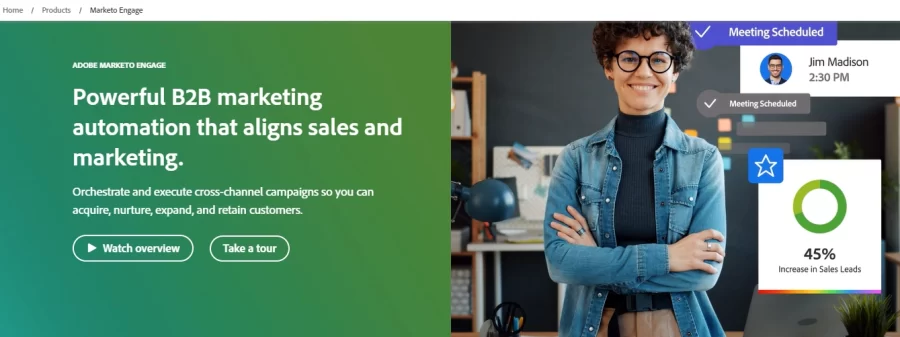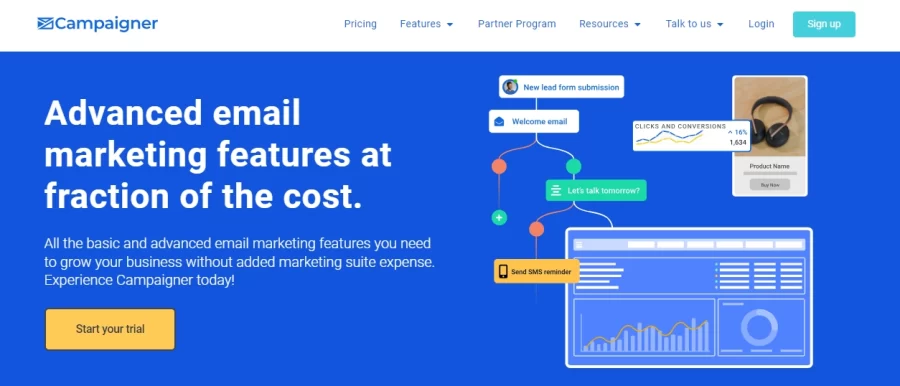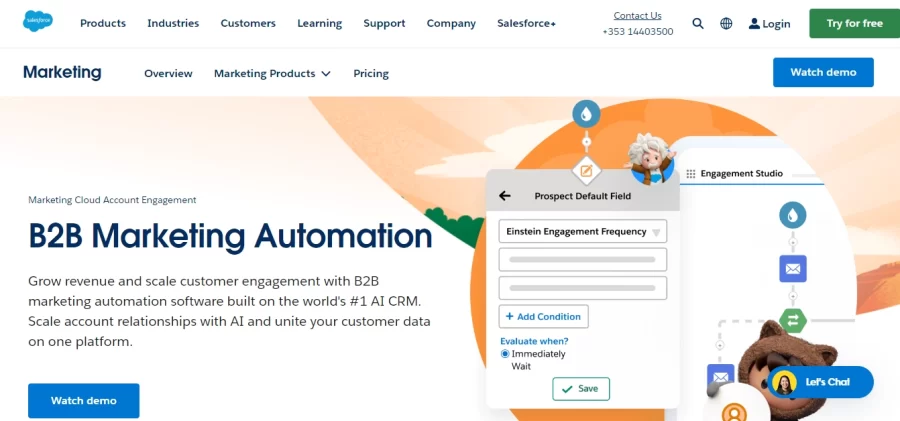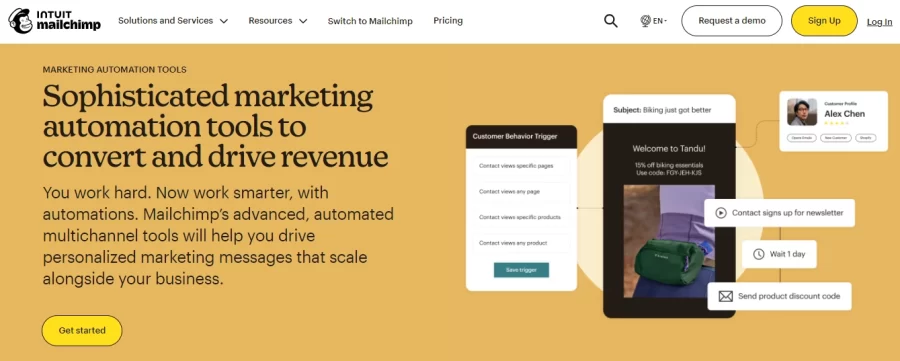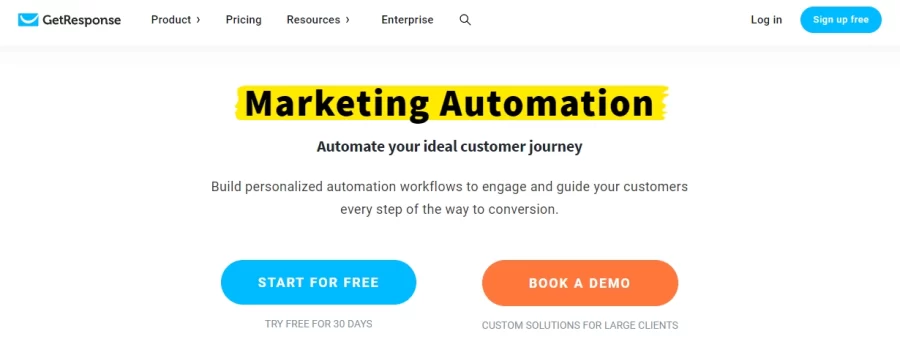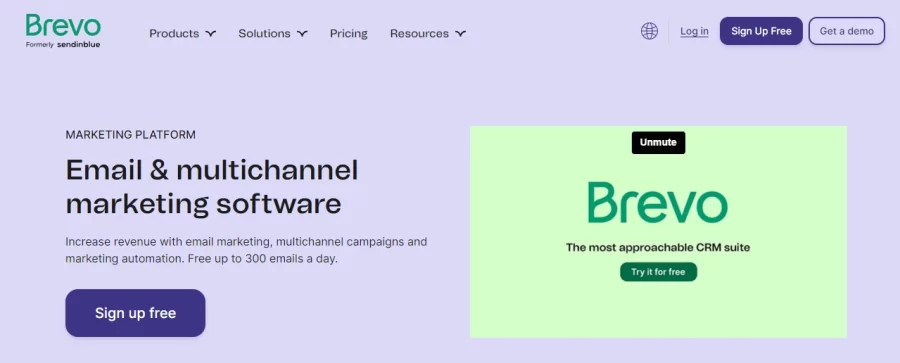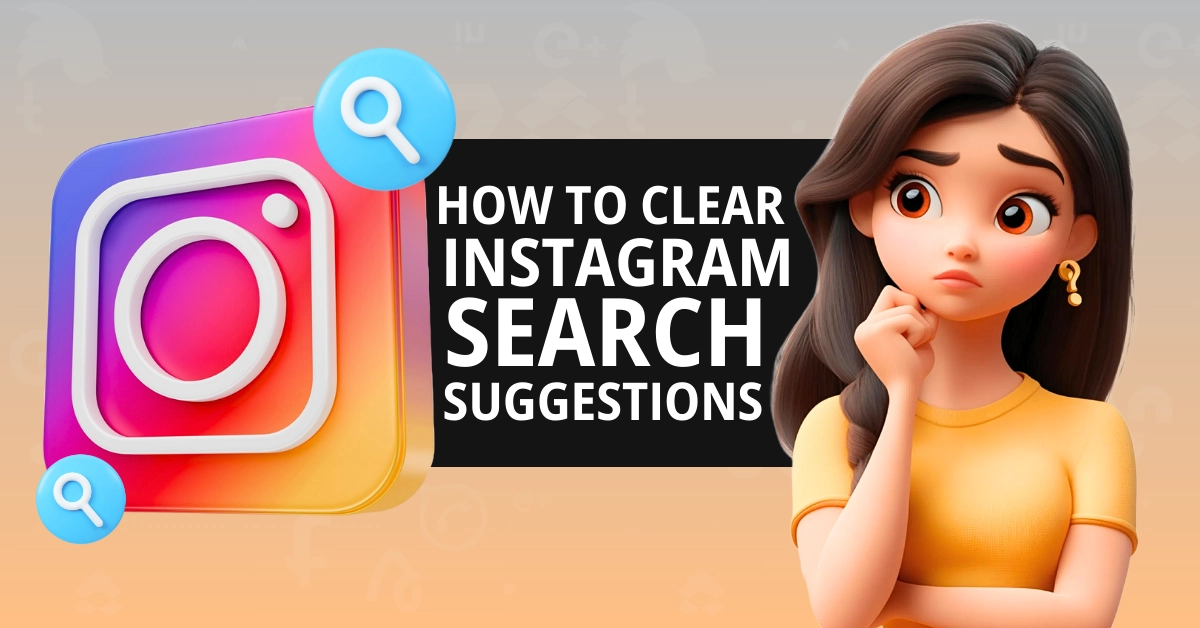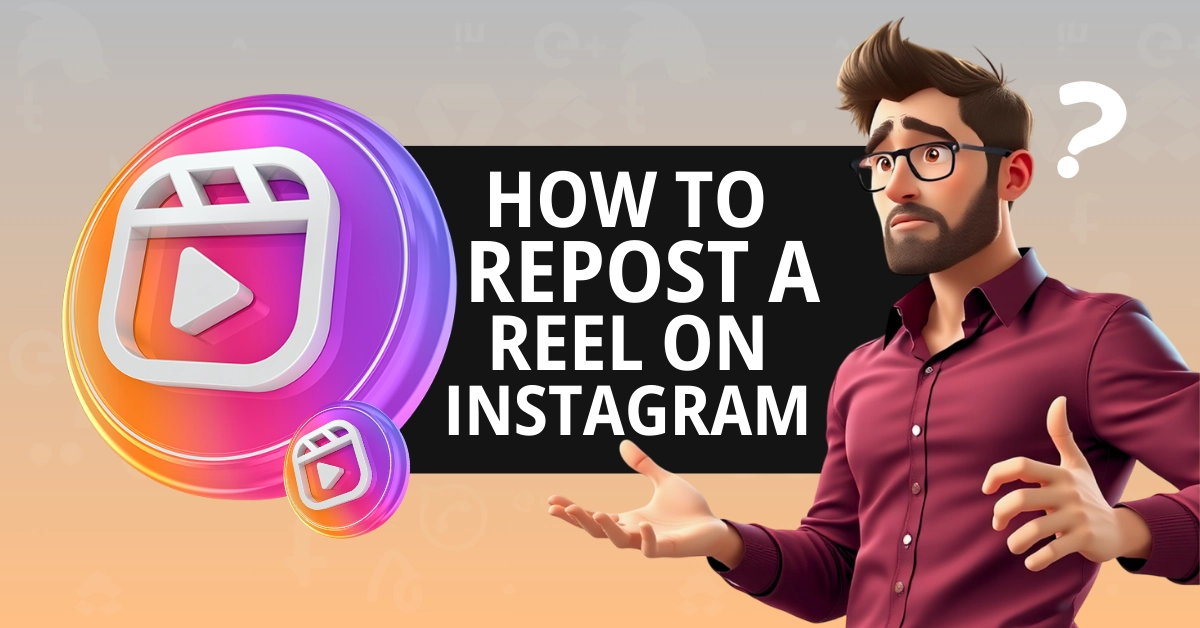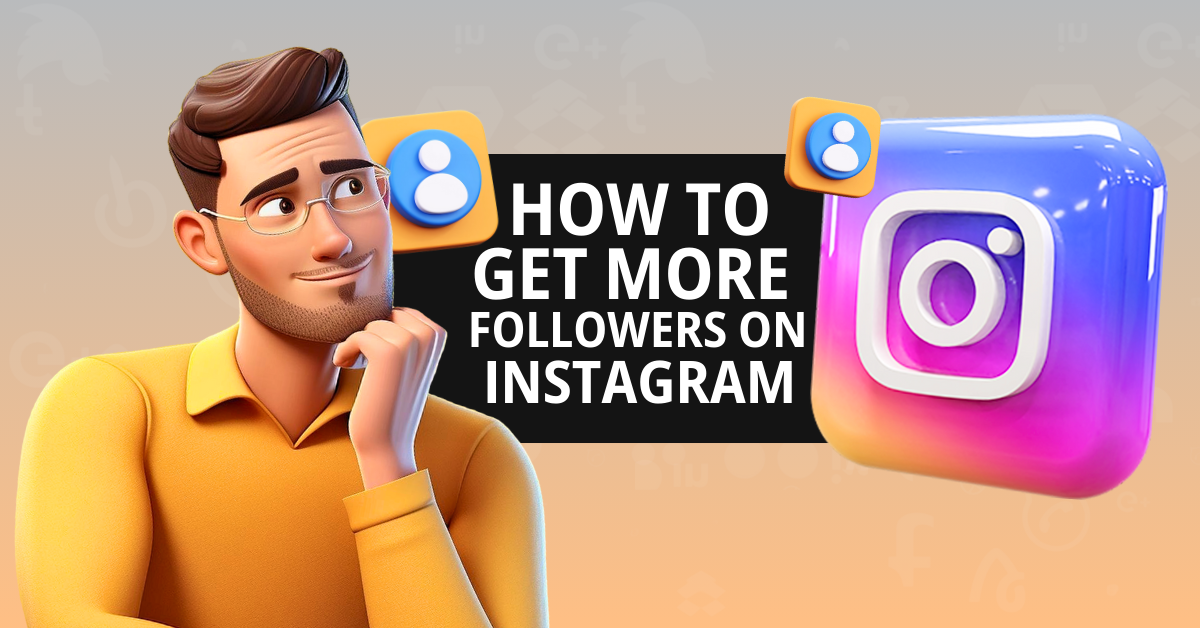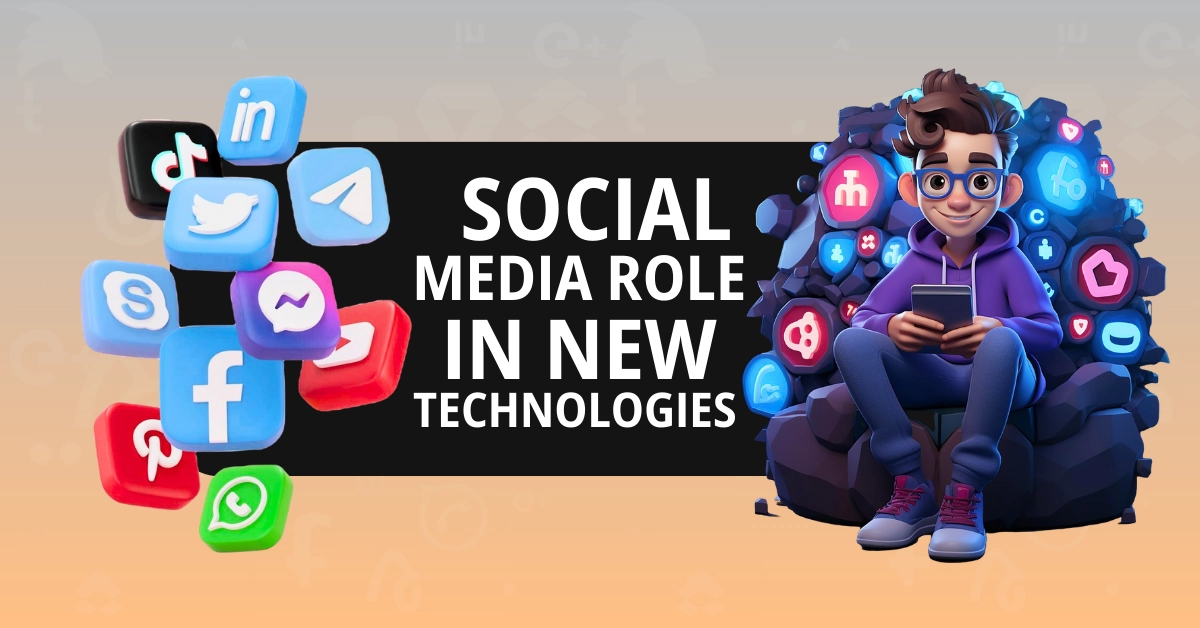As a business owner keen on staying abreast of industry trends and striving to remain at the forefront of your field, marketing efforts can be the last thing you want to think about during your already packed day.
However, this form of outreach is vital for engaging your current–and future–clients, nurturing leads, and bolstering brand recognition. But did you know much of this process can be automated for maximum convenience? Let’s look at the top seven best tools for marketing automation services in 2025 and reasons to invest in marketing automation software.
2025’s Best Tools for Marketing Automation: Top 7 Software
While finding the best tools for marketing automation requires research, it also necessitates understanding your business’ goals and needs. For example, an eCommerce business will definitely want to invest in email marketing–while service-based companies may prioritize other outreach methods, such as Facebook advertising. Let’s take a look at the top seven marketing automation software for 2025!
1. HubSpot Marketing Hub
Ideal for small to mid-sized businesses, HubSpot Marketing Hub offers a comprehensive range of marketing services, including email, automated campaigns (including social media), and a seamless CRM (Customer Relationship Management) platform.
As the name suggests, it acts as a centralized hub for all your marketing needs, tracking and optimizing all stages of the buyer’s journey through a central UI. While it also integrates with HubSpot’s other business solutions, it can be complex to engage with for beginners–and pricing can become steep quickly, if you want additional or custom features.
2. Adobe Marketo Engage
Sometimes referred to simply as Marketo, this platform excels in the B2B space, offering a comprehensive range of lead management features. What sets Marketo apart, aside from exceptional cross-channel engagement, is the ability to employ account-based marketing and sales partnerships that cater your marketing efforts in a niched and targeted way.
Marketo provides the user with a deep dive into analytics, empowering business owners to articulate data-driven marketing strategies.
3. Campaigner
While Campaigner doesn’t offer the widest array of automated marketing services, it has email marketing down to a science. With the ability to create custom workflows, business owners can easily create a wide assortment of email campaigns, digging into performance analytics like purchase behavior and other key insights.
With templates to choose from to streamline the email creation process, Campaigner notably offers 24/7 support and A/B testing capabilities. It should be noted that Campaigner does not offer a free version, and the interface is slightly more complex than others on the market.
4. Salesforce Pardot
This results-driven platform is great for B2B businesses looking to streamline sales and marketing efforts, including accelerated sales pipelines, advanced lead generation, and profound insights into campaign performance.
est of all, it integrates with Salesforce’s industry-leading CRM for improved customer relationship management. From email drip campaigns to landing page creation, Salesforce Pardot offers A/B testing and ROI reporting for increasingly optimized campaigns.
5. MailChimp
MailChimp got its start in the email marketing space but has since expanded to offer an array of other features, including campaign automation and analytics, CRM capabilities, surveys, basic eCommerce functionalities, and more.
MailChimp is ideal for smaller businesses who want a minimalistic marketing platform that is intuitive and easy to use–but it is not the best for those looking for scalability. However, it can be a great option for those looking for simple A/B testing capabilities, basic social media campaign management, and relatively low prices.
6. GetResponse
Known for its email marketing capabilities, in recent years, GetResponse has expanded to include vital marketing offerings like SMS capabilities, eCommerce, comprehensive marketing automations, web-based chat (including auto-responders), and more.
Best of all, it is easily accessible for beginners and comes at a palatable price point. Though it is an excellent choice for newer and growing businesses, it is not ideal for those looking for rich analytics to dig into, as it offers a preliminary look at best.
7. Brevo
Once named SendinBlue and now called Brevo, perhaps the platform’s most outstanding feature is its relatively low price point compared to other platforms–and the high value for the associated price. With a basic CRM, SMS marketing opportunities, email campaign features, and a comprehensive digital marketing hub, Brevo is easy to use and is an excellent choice for small businesses and startups, and offers online support. While there is a free plan, investing in additional services can quickly add up.
3 Reasons to Invest in Marketing Automation Software
Especially if you’re just starting your business and find yourself in that tricky transitional period where you can’t quite afford human employees (or you simply don’t want to pay the expense), investing in marketing automation software can be a natural next step in your company’s growth. Let’s take a look at three huge reasons why this investment is worth it.
1. Boost Efficiency & Productivity
When it comes to running your business, every dollar–and every minute–counts. Finding ways to enhance your productivity during working hours (and even outside the scope of what is considered “normal” business hours) is vital if you want to scale and grow.
By investing in a marketing automation tool, you can streamline your marketing outreach by scheduling content to go live in advance, assessing analytics to create data-driven future strategies, optimizing publishing times for times that are more likely to resonate with your desired audience, and more.
2. Nurture Leads at All Stages of the Buyer’s Journey
A comprehensive marketing strategy is a lot of work. This requires reaching out to your clients with messaging that will resonate no matter where they’re at in the process of engaging with your brand. In other words, a holistic marketing strategy requires lots of different touchpoints–meaning, creating a lot of unique and tailored content.
By automating this process, you can simplify the process of nurturing your leads–wherever they’re at in the decision to invest in your brand.
3. Increase Margins & Revenue
Increased productivity and better nurtured leads translates to increased earnings. Increased earnings means wider margins, which translates to increased scalability, expansion, personnel hiring, tool investments, and more.
This all makes for forward motion for your business, propelling your brand to even greater heights. Why would you turn down the opportunity to optimize and increase earnings?
Summary
Finding the best tools for marketing automation for your modern business practice does require a little bit of research and some honesty with yourself in terms of your goals for marketing outcomes. Because it can sometimes take upwards of eight touchpoints to make a sale, every interaction with your customers counts–and constant contact with your desired demographic is everything when it comes to propelling your business to new heights!



